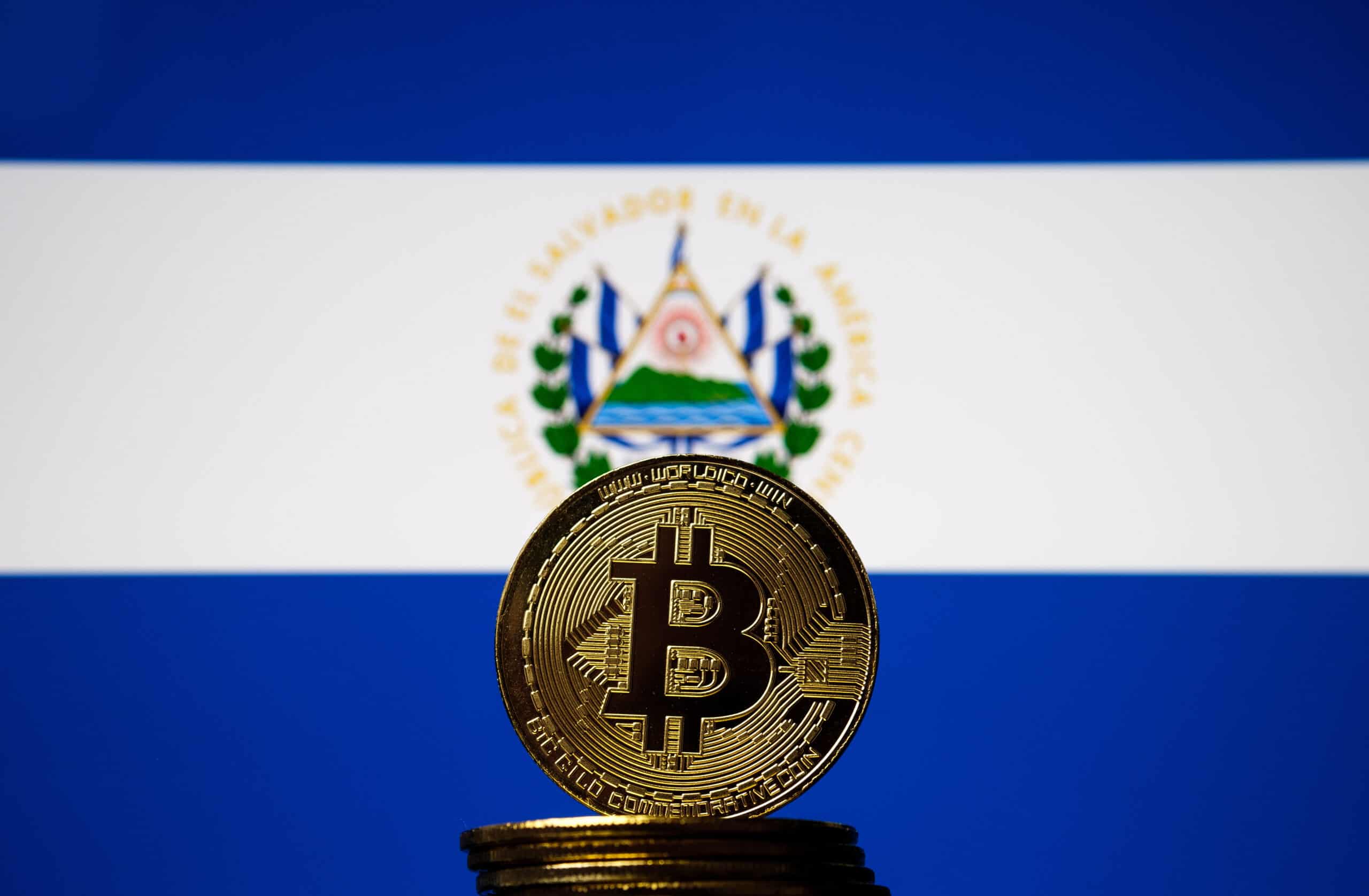This week, President Nayib Bukele disclosed in a March 14 X post that El Salvador has transferred more than 5,000 bitcoins, valued at over $400 million, into a cold wallet.
The undisclosed Bitcoin reserves of El Salvador: Over $400 million secured in cold storage.
We've decided to transfer a big chunk of our #Bitcoin to a cold wallet, and store that cold wallet in a physical vault within our national territory.
You can call it our first #Bitcoin piggy bank 🇸🇻
It's not much, but it's honest work 😂 pic.twitter.com/dqzedykxT1
— Nayib Bukele (@nayibbukele) March 14, 2024
Bukele’s recent action has left many in the cryptocurrency community astonished, given that previous estimates suggested El Salvador’s Bitcoin holdings were approximately 3,000 BTC.
Cold wallets, alternatively referred to as hardware wallets, provide users with the capability to safeguard their private keys offline, effectively shielding them from malware or potential hacking endeavors.
“This could be seen as our inaugural Bitcoin piggy bank,” Bukele expressed. “It may not be substantial, but it signifies honest effort.”
El Salvador’s momentous embrace of Bitcoin: A redefining chapter in the future of nation-building.
El Salvador’s historic adoption of Bitcoin as legal tender in September 2021 marked a groundbreaking milestone, establishing it as the first nation to embrace the cryptocurrency on such a significant scale. At the time of adoption, Bitcoin’s price hovered around $51,000, signaling a bold move by the Central American country into the realm of digital currencies.
The recent revelation of El Salvador’s latest Bitcoin strategy comes amid a surge in the token’s value, with it reaching an unprecedented all-time high of over $73,000 earlier this week. This surge underscores the growing prominence and acceptance of Bitcoin as a mainstream financial asset.
The remarkable rise in Bitcoin’s price in recent months can be attributed to various factors, including the approval of several spot Bitcoin exchange-traded funds (ETFs) by the United States Securities and Exchange Commission (SEC) in January 2024. This regulatory green light has provided institutional investors with a more accessible avenue to invest in Bitcoin, thereby boosting its demand and driving up its price.
Furthermore, the anticipation surrounding Bitcoin’s upcoming quadrennial halving event, scheduled to occur next month, is adding fuel to the ongoing rally. The halving event, which occurs approximately every four years, entails a reduction in the reward given to Bitcoin miners for validating transactions. This event typically leads to a decrease in the rate of new Bitcoin supply entering the market, creating a supply shortage and driving up prices.
As a result, the rally in Bitcoin’s price is expected to intensify in the lead-up to the halving event, as investors anticipate the potential for further price appreciation. El Salvador’s strategic embrace of Bitcoin as legal tender, coupled with the broader global adoption and regulatory acceptance of cryptocurrencies, has reshaped the landscape of nation-building, paving the way for a new era of financial innovation and digital sovereignty.
As of March 15, Bukele’s announcement garnered more than 2,000 responses on X, the majority of which appear to be positive in nature.
“El Salvador serves as a prime example of how a nation can undergo a positive transformation,” remarked one user on X.
This type of move makes other countries look incompetent and behind. You are leading the way!
It would be great to interview you @nayibbukele, talking about how you’re setting up the next generation for success in El Salvador
Check out my highlights & https://t.co/OeZuKIHIFQ
— Randi Hipper (@missteencrypto) March 15, 2024
“This type of move makes other countries look incompetent and behind,” another said. “You are leading the way!”
Is El Salvador Positioned to Join the Ranks of the World’s Wealthiest Nations?
In contrast, several U.S. officials have criticized the nation’s pro-cryptocurrency stance. U.S. Senators Bob Menendez (D-NJ), Jim Risch (R-ID), and Bill Cassidy (R-LA) initially introduced the “Accountability for Cryptocurrency in El Salvador Act” in 2022, citing concerns related to U.S. security and trade.
Risch expressed his reservations, stating, “Using cryptocurrency as legal tender could weaken economic and financial stability and empower malign actors.” He emphasized the importance of understanding how the adoption of Bitcoin might affect El Salvador’s financial and economic stability, as well as its ability to combat money laundering and illicit finances, given U.S. interests in prosperity and transparency in Central America.
However, considering the current level of Bitcoin holdings in the country, U.S. lawmakers’ concerns may be unfounded.
Venture capitalist Tim Draper offered an optimistic outlook on El Salvador’s future during Rachel Wolfson’s Web3 Deep Dive podcast, suggesting, “Within maybe 30 or 40 years, El Salvador will have gone from the poorest, most crime-ridden country, to maybe one of the richest, most innovative countries in the world, just in that period of time. And this is just because they embraced Bitcoin.”



